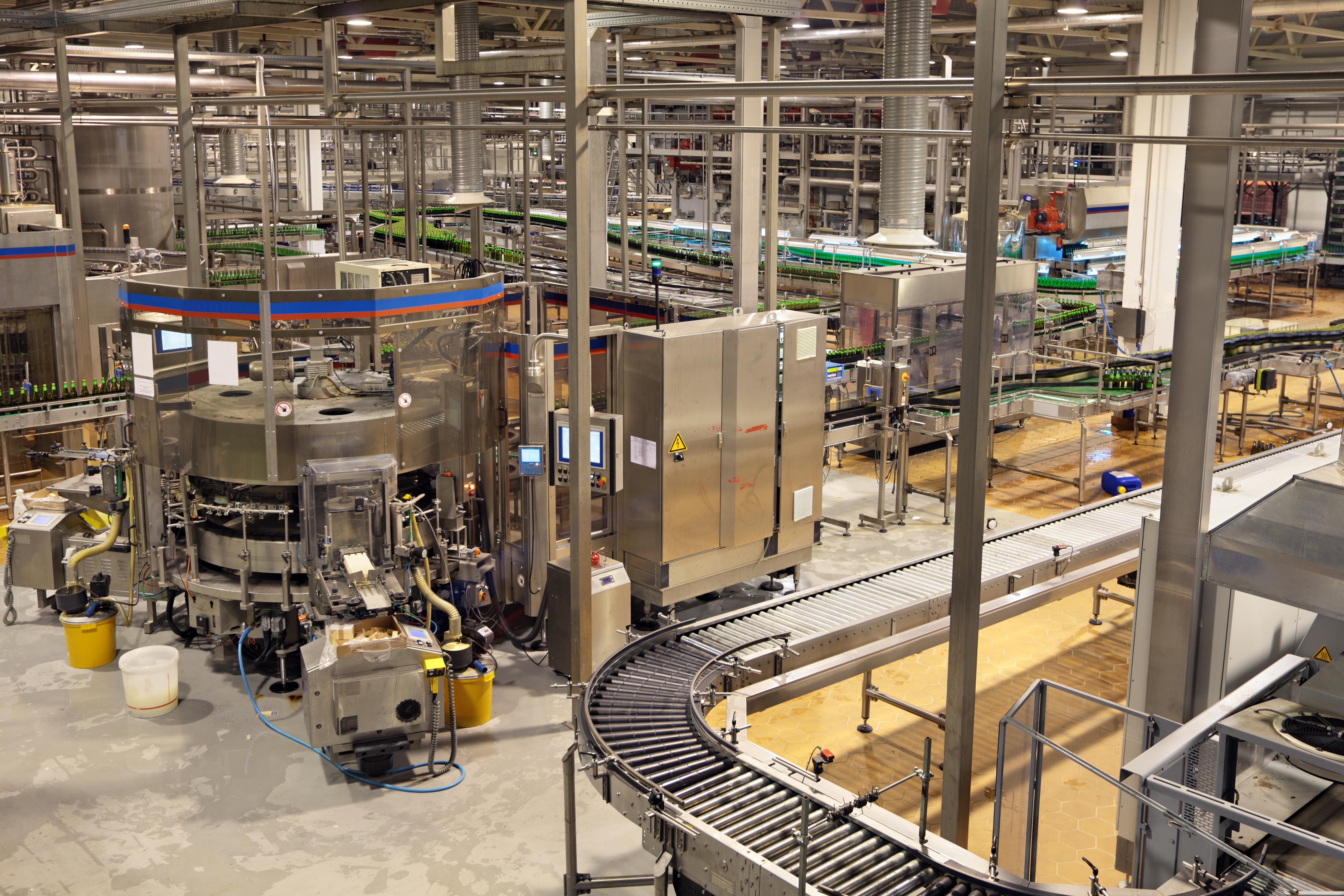According to a recent blog post by our partner, Infor, manufacturers are expressing optimism for growth in 2018.
A report published by the Leading Edge Alliance paints a rosy picture of the global outlook for manufacturing. Manufacturers’ optimism for the world economy in 2018 is now 59.4% — almost a 15-point increase over the 2017 outlook. Manufacturers are also optimistic about their national economies (69.3%) and their regional economies (69.3%)
Read More
Topics: Manufacturing, Fashion & Retail, Food & Beverage, Distribution, Infor M3, Chemical, Equipment
Even the best innovators have notorious flops: New Coke®, Apple® Newton, Microsoft® Zune, LifeSavers® Soda, and Harley-Davidson® Perfume are a few notable examples. Some companies can overcome blunders because their sheer size makes them unstoppable market forces. But for others, even a single mishandled launch can threaten company-wide failure.
The risks are even greater for process manufacturers who must continually innovate with new and iterative products to excite customers and generate new revenue. But the path to profitable innovation is paved with challenges: tighter launch windows, fickle B2C and B2B customers, volatile market swings, and increasing demand for unique, customized products.
An uphill battle
Product development is fundamentally more difficult in process industries. For too many companies, years of internal research and testing lead to product launches that meet with lukewarm success-and negligible profits.
Read More
Topics: Food & Beverage, Chemical, Process Manufacturing, Agricultural

Should you choose functionality or flexibility?
Yes.
Modification is a controversial word for many professionals in manufacturing’s IT industry. The term
“off the shelf” also has mixed connotations, as it is often associated with old generic business solutions that offered rudimentary functionality under the guise of “plug and play” simplicity.
As the needs of manufacturers have changed over the years, the software available to address them has evolved as well, leading to a lot of discussion lately around the age-old question of “to modify or not to modify.” While the issue remains complex, the pendulum seems to be swinging clearly away from heavily customized systems and toward those that can provide a large percentage of the functionality required, without significant modifications. A number of factors are driving this trend—aging systems (the acronym ERP, first used by Gartner, celebrates its 25th birthday this year), the increasing difficulty of finding workers who can support them, and changing market conditions are all on the list.
Read More
Topics: Manufacturing, Fashion & Retail, Food & Beverage, Distribution, Infor M3, Chemical, Equipment
Manufacturers face increasing pressures to adopt digital strategies in order to keep pace with innovation and customer expectations. Unfortunately, according to IDC Manufacturing Insights, manufacturers are also reluctant to be first movers. Only 15% have a digital strategy in place now. 37% Want to be early adapters, but not first movers— because there may be risks. And, 35% say they prefer to wait until they see proven results before they deploy digital technologies.
Read More
Topics: Manufacturing, Fashion & Retail, Food & Beverage, Distribution, Infor M3, Chemical, Equipment
Digital transformation is impacting all manufacturing and distribution businesses. No matter how complex your supply chain is, you need to be able to respond faster to change, reduce excess inventory, and cut costs. Most importantly, you’ve got to give customers what you’ve promised at the time you promised it. To keep up with the pace of change, you need an agile and modern ERP solution that is flexible enough to handle both the opportunities and challenges you face today—and tomorrow.
Read how Infor M3 delivers rich industry-specific functionality to cover your unique business needs.
Read More
Topics: Manufacturing, Fashion & Retail, Food & Beverage, Distribution, Infor M3, Chemical, Equipment




